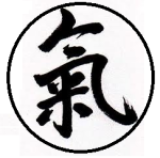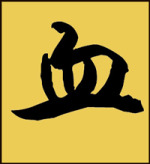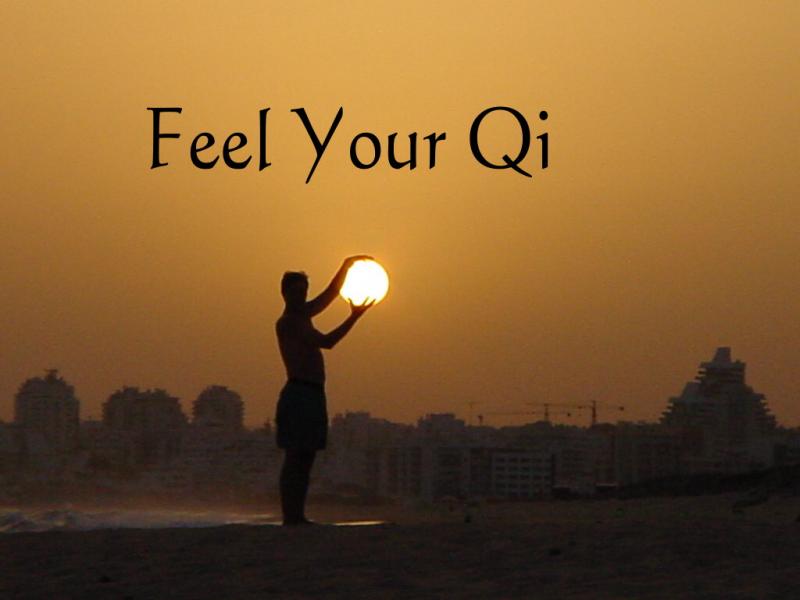
West Meet East
Holistic Therapy & Acupuncture Clinic
715 1/2 Adelaide Street N.
London, ON, N5Y 2L4
email:info@westmeeteastclinic.com


Tel:(519)-657-5106
Concept of Qi and Xue
In Traditional Chinese Medicine, the Blood stasis and the stagnancy of Qi are the cores of all orthopedic diseases. Therefore, the dysfunction of the movement of Qi and Blood can lead to the production of pathological changes of Blood stagnation, stasis, and the occurrence of various orthopedic diseases.
Qi - Life Force or Energy Flow
In Chinese culture, Qi is an active principle part of any living thing. It is frequently translated as “life force or energy flow”. Symptoms of various illnesses are often believed to be resulted from the disrupted, blocked, or unbalanced Qi movement through the body's meridians, as well as deficiencies or imblances of Qi in various Zang Fu organs. TCM practitioner often seeks to relieve these imbalances by using variety of therapeutic techniques, such as acupuncture and moxibustion to clear blockages and restore Qi balance.
There are two typies of Qi within our body:
(1) the Congenital Qi that we are born with -
- Gathered and formed at conception
- Stored in the kidneys
- Determines basic constitution, strength and vitality of the body
- Essential to growth and development of the body
(2) the Acquired Qi that is derived from the foods we eat and the air we breath -
- Post Natal Qi
- Can be Stored and Replensihed
- Depends on our Lifestyle Habits, such as food quality, balance of emotions and physical exercises
The Main Fundtions of Qi Within the Body are:
- Catalyzing Functions - Qi assists in the formation and transformation in the body; for example, transforming of food into Qi and Blood.
- Protecting Functions - Qi defends the body from external pathogens; for examle, enhancing the immune system to find the diseases.
- Raising and Stability Functions - Qi holds organs in their place, keeps blood in the vessels, governs the removal of water.
- Transporting Functions - Qi the fundation of all movement and growth in the body.
- Warming Functions - Qi helps to control homestasisand provides warmth for the body.
The imbalance of Qi will affect many parts of the body at once or within a particular meridian, organ or area. For example, the deficiency of Qi may affect the Lungs with the symptoms of shortness of breath; effect the Stomach/Spleen with symptoms of poor appetite; effect the body in general with symptoms of fatigue and weakness.
Xue (Blood)

The concept of Xue (Blood) used in Traditional Chinese Medicine (TCM) consists a host of different meanings, actions and effects than the term is commonly understood in western medicine. In Chinese medicine, the Blood is a dense form of body fluids that have been acted on and energized by Qi. The Blood flows both within the blood vessels as well as within the meridians.
The Blood forms in the body through two separate cycles - (1) the pre-heaven cycle to use Congenital Qi and the Kidneys to produce marrow which produces Blood, (2) the post-heaven cycle to use foods and fluids (aquired Qi) to form Blood. The Blood circulated by the Heart and stored by the Liver.
The Blood are to moisten and to nourish the organs, bones, muscles, tendons and skin. The Blood works synergistically with Qi to provide the foundation for mental activities.
Core Services
Acupuncture
Moxibustion
Weight Loss Solution
Wellness Care
Cancer Patient Support
Specialty Programs
Men's Health
Women's Health
Skin Health
Joint Health
Heart Health
Vision Care
Specialty Programs
Men's Health
Women's Health
Skin Health
Joint Health
Heart Health
Vision Care
Payments Accepted
in network with most major insurance companies
|
|
|
|
|
Hours of Operation
Monday 9:30 am - 6:30 pm
Tuesday 9:30 am - 6:30 pm
Wednesday 9:30 am - 6:30 pm
Thursday 9:30 am - 6:30 pm
Friday 9:30 am - 6:30 pm
Saturday 9:30 am - 12:30 pm
©2014 WestMeetEast . All Rights Reserved




